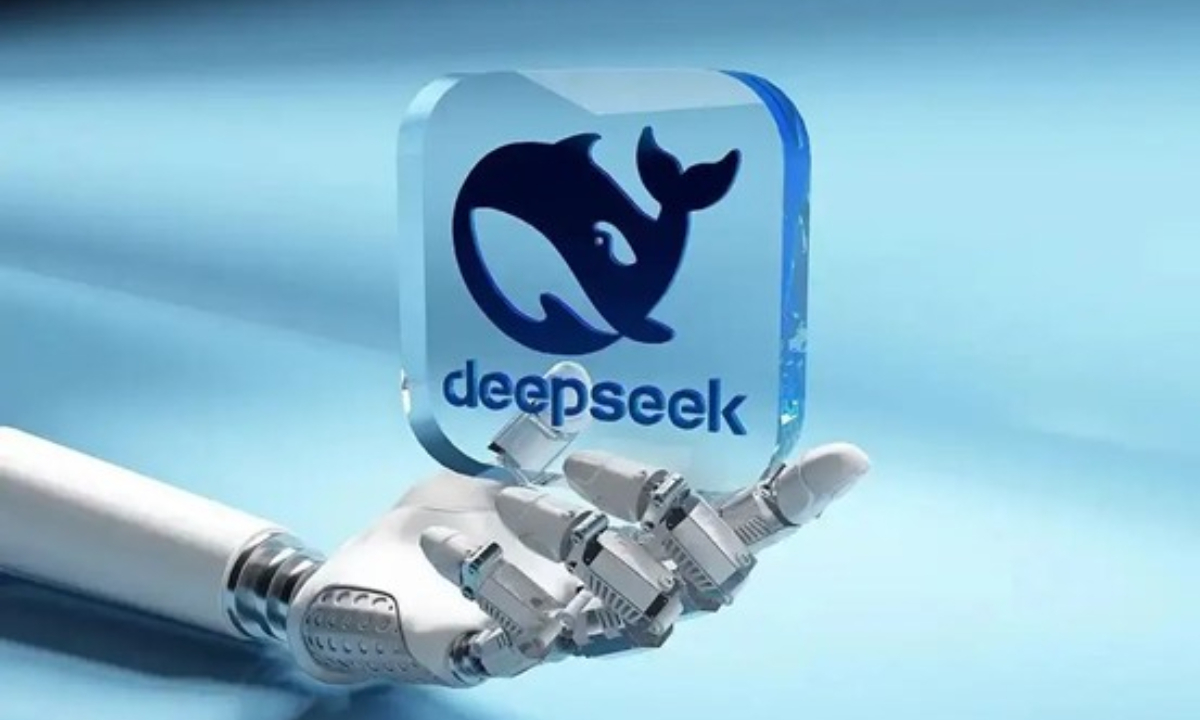Pfizer Acquires Metsera in Growing Obesity Drug Market

Pfizer's recent offer to acquire Metsera for up to $7.3 billion signals a pivotal shift in the biopharmaceutical landscape, particularly in the burgeoning obesity medications market. This deal not only underscores Pfizer’s ambition to bolster its portfolio in light of previous disappointments, such as the halting of Danuglipron's development, but also highlights a strategic realignment to capitalize on a market projected to grow to nearly $100 billion by the early 2030s. As the title of the deal suggests, this is a strategic acquisition that could potentially reshape Pfizer's future in therapeutics.
The market for obesity treatments has gained unprecedented attention, largely due to rising global obesity rates and the subsequent demand for effective weight-loss solutions. Metsera offers promising innovations, including the GLP-1 formulation MET-233i, which has shown the potential for significant weight loss. This aligns with consumer preferences shifting towards less invasive treatment alternatives, such as injectable medications that require less frequent administration than currently available options. In this context, Pfizer's acquisition can be seen as a calculated move to position itself against industry giants like Eli Lilly and Novo Nordisk, both of which already have established successful products. With expectations of Metsera's offerings generating substantial annual revenues, Pfizer's entrance could disrupt the competitive balance in this lucrative market.
However, this positive outlook is complex and presents several challenges. The integration of Metsera poses a significant hurdle; the expectation that its clinical pipelines can be accelerated while meeting stringent regulatory approvals is critically important. Furthermore, Pfizer must develop a robust marketing strategy to differentiate its offerings in an already saturated market. As stakeholders look toward this acquisition for growth, will Pfizer be able to navigate through these integration and competitive waters effectively? This scenario raises concerns about adhering to investor expectations, particularly after Pfizer's recent setbacks. The financial community will undoubtedly be tracking Pfizer’s next moves closely, and the challenge lies in managing perceptions while enhancing product visibility.
Looking forward, the consequences of this acquisition will likely reverberate across various stakeholders, necessitating a balanced consideration of investor sentiments, regulatory landscapes, and consumer demand. While Pfizer aims to secure a competitive edge, it is essential to acknowledge risks, particularly in the marketing and product integration domains where pitfalls could arise. Past precedents, such as the dot-com bubble and the 2008 financial crisis, remind us that even promising ventures can struggle under pressure if not executed with precision. Overall, Pfizer’s initiative with Metsera could propel significant advancements in obesity treatment, provided strategic execution and risk management are prioritized.
Read These Next

Credit Ratings Send Mixed Signals for Investment Strategies
The article discusses the recent credit ratings update for a company by major agencies, highlighting concerns and the implications for investors and stakeholders.

Alibaba and DeepSeek Unveil New AI Models to Boost Adoption
Alibaba and DeepSeek have launched upgraded AI models to enhance adoption across industries and democratize access to technology.

Leadership Change After Ms. Dai Juy's Passing
The report discusses the significant change in ownership and control of the company following the passing of Ms. Dai Juy and the inheritance of her shares by her son, Mr. Tao Hai. It highlights the potential impacts of the ownership transition on investor sentiment and corporate governance in light of historical precedents.
